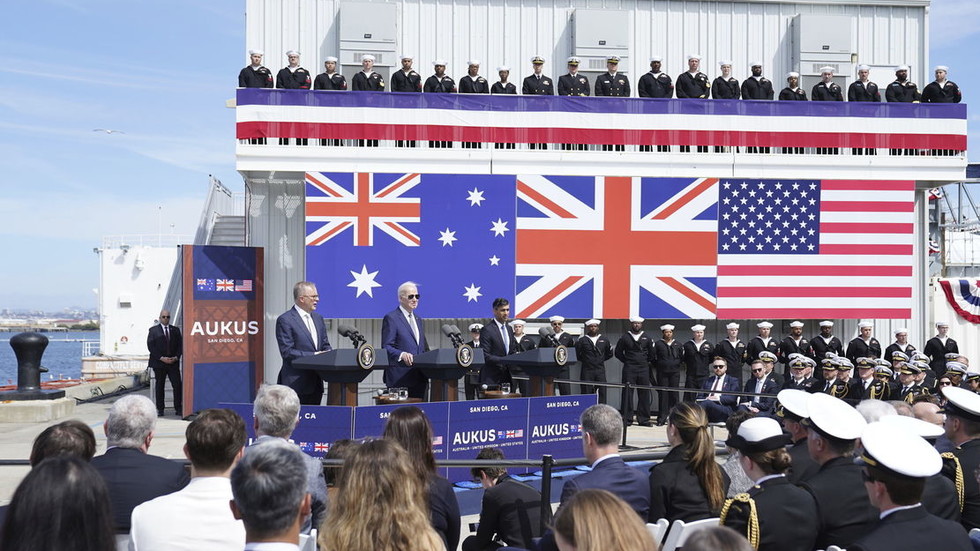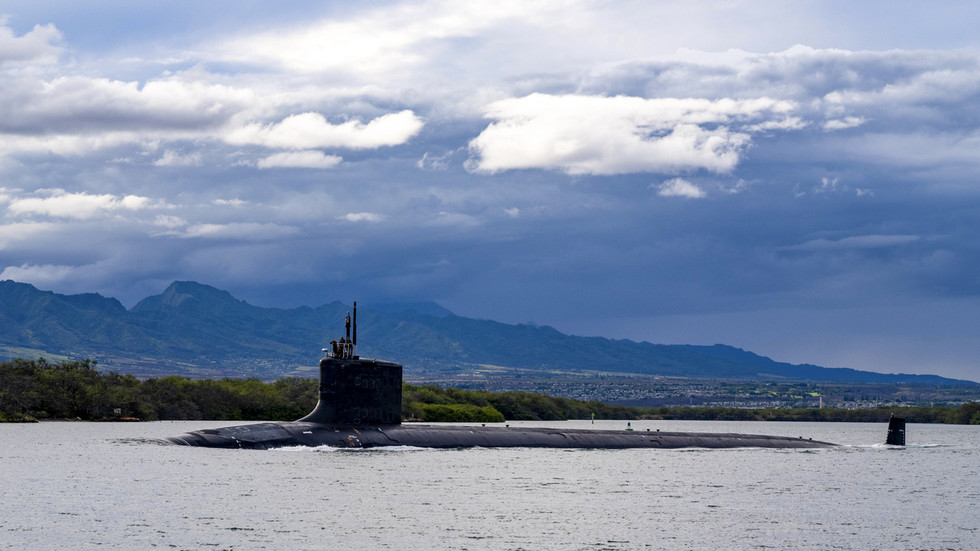Maybe the US won't be able to deliver on the deal, or at least according to schedule:
US senator warns AUKUS faces ‘significant’ workforce hurdles
Washington: The US politician who warned that AUKUS could push America’s shipbuilding yards to breaking point has renewed concerns about the pact, saying that a shortage of skilled workers was still a “significant impediment” to producing enough submarines on time.
Last December, in a dramatic intervention three months before
the pathway for AUKUS was unveiled in March, Democrat senator Jack Reed wrote to President Joe Biden raising concerns that the military deal could imperil America’s submarine fleet, as the industry was already struggling to meet its target to build two attack submarines a year.
Reed’s letter, co-authored with Republican Senate colleague James Inhofe, was the first time members of Congress had expressed serious misgivings about the agreement, and explicitly warned against any plan to sell or transfer Virginia-class submarines to Australia before the US Navy met its current requirements.
Asked on Monday (Tuesday morning AEST) if his concerns had been alleviated, Reed, who chairs the powerful Senate Armed Services Committee, said that while US shipyards had made some progress in recruiting workers and boosting production lines, it would be “a long, long process” to ensure the industry could keep pace with demand.
“One of the stumbling blocks – and this is not exclusive for any type of military program – is just the shortage of skilled workers. That has been a significant impediment to staying on schedule and staying on time,” he said.
“I’m beginning to hear that there is more progress in the yards in terms of attracting workers and the efficiency of production, but we can’t be content or satisfied until we get back to two attack submarines a year and see the successful completion on time and on budget of Columbia (the upcoming class of nuclear submarines designed to replace the US Navy’s ageing Ohio-class).”
America’s ability to build submarines as efficiently as possible has flow-on effects for AUKUS, which is a trilateral agreement between Australia, the UK and the US to provide Australia with nuclear-powered submarines in a bid to counter China’s economic and military advances in the Indo-Pacific.
Under the strategy, Australia will buy at least three Virginia-class submarines from the US while building up the capacity to develop its own locally made nuclear-powered subs, some time in the 2040s.
However, questions remain about workforce capacity and the lengthy time frame involved; the $368 billion cost to taxpayers; and the maze of US export control laws that must be reformed for America to share nuclear technology secrets with Australia.
Reed said AUKUS nonetheless sent a strong signal to China about the “declared co-operation” between the US, Australia and the UK. And he agreed that export controls and regulations should be expedited as soon as possible, to ensure the deal wasn’t bogged down by red tape.
“We’re starting out on a very important voyage,” he said, speaking at a forum for the Centre for a New American Security.
The senator’s comments come as a federal government review released this week identified China as the biggest threat to Australia’s national security and warned that the Australian Defence Force is not equipped for a modern age of warfare.
“China’s military build-up is now the largest and most ambitious of any country since the end of the Second World War,” the review said.
“This build-up is occurring without transparency or reassurance to the Indo-Pacific region of China’s strategic intent.
“China’s assertion of sovereignty over the South China Sea threatens the global rules-based order in the Indo-Pacific in a way that adversely impacts Australia’s national interests.”

 www.rt.com
14 Mar, 2023
www.rt.com
14 Mar, 2023
 www.rt.com
14 Mar, 2023
www.rt.com
14 Mar, 2023

